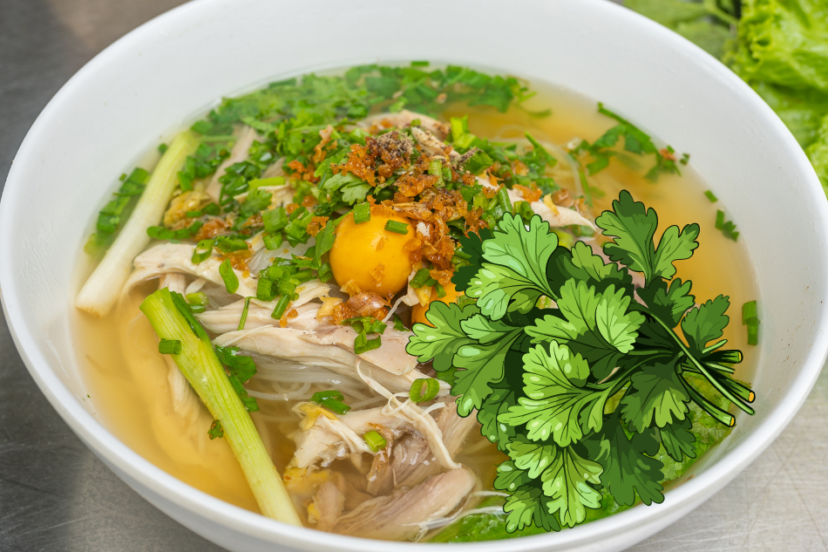Coriander – Your Digestive Aid And Anti-inflammatory Superfood
There’s more to coriander than just a garnish – this humble herb is a powerhouse of health benefits. Rich in antioxidants and nutrients, coriander is known for its digestive aid properties and anti-inflammatory effects. Adding a sprinkle of coriander to your dishes can not only enhance the flavor but also boost your overall wellness. Let’s look into the incredible health benefits of coriander and how you can incorporate this superfood into your daily diet.
Key Takeaways:
- Coriander is a Digestive Aid: Coriander can help alleviate digestive issues like gas, bloating, and indigestion due to its carminative properties.
- Coriander is an Anti-inflammatory Superfood: The antioxidants in coriander can help reduce inflammation in the body, potentially lowering the risk of chronic diseases.
- Versatile Usage of Coriander: From adding fresh coriander leaves to dishes or using ground coriander in spice blends, there are numerous ways to incorporate this superfood into your diet.
- Coriander Seeds for Digestion: Coriander seeds are excellent for digestion and can be used to make a soothing tea or added to soups and stews for a flavorful twist.
- Coriander Leaves for Freshness: Fresh coriander leaves can be used as a garnish or mixed into salads and sauces to add a burst of fresh flavor and health benefits to your meals.
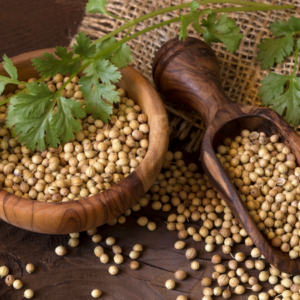
Nutritional Profile
Rich in Vitamins and Minerals
With a rich nutritional profile, coriander is packed with crucial vitamins and minerals that support overall health.
Antioxidant Properties
Profiled for its antioxidant properties, coriander contains Vitamins A and C that help combat free radicals in the body, reducing the risk of inflammation and chronic diseases.
In addition to vitamins, coriander also contains crucial minerals like potassium and manganese, further enhancing its health-promoting benefits.
Digestive Aid
Relieving Bloating and Gas
For those struggling with bloating and gas after meals, coriander can offer relief. Its natural enzymes help to break down food more efficiently, reducing the chances of gas formation in the gut. Including coriander in your diet can help alleviate these uncomfortable symptoms.
Soothing Irritable Bowel Syndrome (IBS)
Bloating, cramping, and irregular bowel movements are common symptoms of Irritable Bowel Syndrome (IBS). Coriander’s anti-inflammatory properties can help soothe the digestive system and aid in reducing these symptoms. By including coriander regularly in your meals, you may experience improved digestion and reduced discomfort associated with IBS.
Syndrome: Irritable Bowel Syndrome (IBS) can significantly impact an individual’s quality of life, leading to chronic discomfort and disruption in daily activities. By incorporating coriander, a natural digestive aid and anti-inflammatory superfood, into your diet, you can potentially manage and alleviate some of the symptoms associated with IBS, promoting better digestive health and overall well-being.
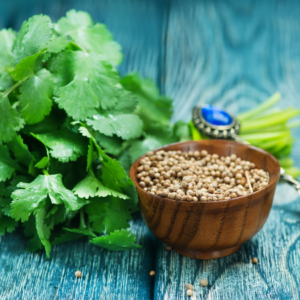
Anti-inflammatory Properties
Reducing Inflammation and Pain
To harness the anti-inflammatory benefits of Coriander, look no further than its vital oils and antioxidants. These compounds help reduce inflammation and pain in the body, making it a natural remedy for conditions like arthritis and muscle soreness.
Potential Benefits for Arthritis Sufferers
Arthritis sufferers may find relief in Coriander due to its potent anti-inflammatory properties. Studies have indicated that the compounds in Coriander can help reduce inflammation in joints, potentially easing symptoms and improving overall joint health.
With regular consumption, individuals with arthritis may experience reduced swelling, pain, and stiffness, leading to better mobility and quality of life. Incorporating Coriander into your diet may offer a natural and effective way to manage arthritis symptoms.
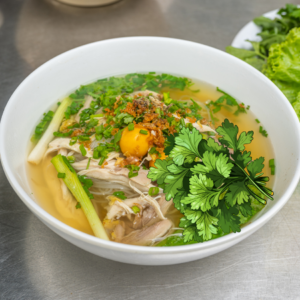
Culinary and Medicinal Uses
Adding Flavor to Your Meals
Many chefs and home cooks use coriander to add a fresh and citrusy flavor to a variety of dishes. Whether it’s sprinkled on top of a curry or mixed into a salsa, this herb can elevate the taste of your meals.
Traditional Remedies and Therapies
For centuries, people have utilized coriander in traditional remedies and therapies for its anti-inflammatory properties. They believe it helps with digestive issues, reduces bloating, and even alleviates arthritis symptoms.
For instance, many brew coriander seeds into a tea that aids in digestion and soothes an upset stomach.
Its versatility as a culinary herb and medicinal spice makes it a staple in many households worldwide.
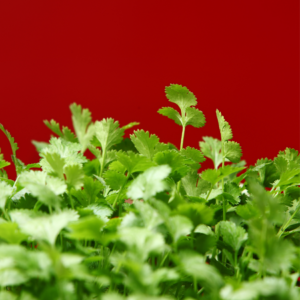
Conclusion
To wrap up, coriander is a versatile herb that adds flavor to dishes but also offers numerous health benefits. From aiding digestion to reducing inflammation, coriander is truly a superfood that you should incorporate into your diet. So next time you cook, don’t forget to sprinkle some coriander on your favorite dishes and reap its wonderful benefits.
FAQ
Q: What is coriander?
A. Coriander, also known as cilantro or Chinese parsley, is an aromatic herb used in cooking to add flavor to dishes.
Q: What are the health benefits of coriander?
A: Coriander is known for its digestive aid and anti-inflammatory properties. It can help with indigestion, bloating, and inflammation in the body.
Q: How can coriander be used in cooking?
A: Coriander leaves and seeds can be used in various dishes such as curries, salads, soups, and marinades to enhance flavor and provide health benefits.
Q: Can coriander help with digestive issues?
A. Yes, coriander is used to alleviate digestive issues like gas, bloating, and indigestion due to its natural digestive aid properties.
Q: Are there any precautions to consider when consuming coriander?
A: While coriander is generally safe for most people, some individuals may be allergic to it. It’s always a good idea to consult with a healthcare provider before incorporating large amounts of coriander into your diet, especially if you have existing health conditions or are pregnant or breastfeeding.
